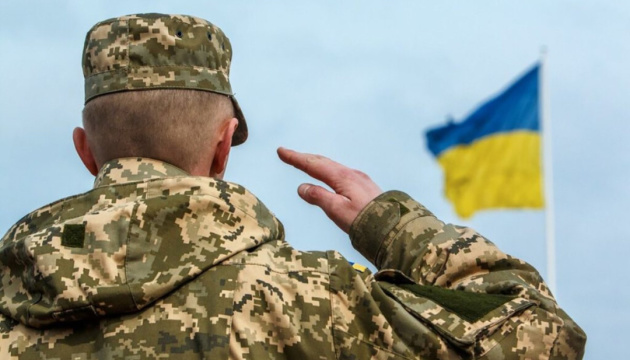Lawyer
Legal opinion on responsibility for violent military recruitment of civilians
Forcible recruitment of civilians into armed formations is a gross violation of the norms of international humanitarian law and human rights. The consultation of a lawyer and a thorough analysis of documents are necessary for the formulation of a legal opinion and a legal opinion of an attorney on this issue.
Forcible recruitment of civilians is prohibited by a number of international legal acts, including the Geneva Conventions of 1949, Additional Protocol II thereto, the Rome Statute of the International Criminal Court, ILO Convention No. 182 on the prohibition and immediate measures to eliminate the worst forms of child labor and No. 138 on the minimum age of employment. States are obliged to criminalize and prosecute such acts.
At the national level, the following legal mechanisms for combating the forcible recruitment of civilians should be provided:
1. Criminalization of forced recruitment into armed formations by making appropriate changes to the criminal legislation.
2. Establishing a punishment for recruitment depending on the circumstances (for example, an aggravating circumstance in the case of recruiting minors).
3. Implementation of administrative and civil liability for facilitating forced recruitment.
4. Creation of effective procedures to protect civilians from recruitment and provide them with asylum.
5. Implementation of measures for rehabilitation, reintegration, assistance to victims of forced recruitment.
The lawyer's legal opinion should be based on the analysis of relevant international treaties, decisions of international courts, UN resolutions and the practice of other states. The legal opinion should contain an assessment of the current state of national legislation, recommendations for its improvement and the development of new mechanisms to combat recruitment.
Particular attention should be paid to determining the subjects of responsibility. These can be both direct executors of forced recruitment and their leaders and organizers. If the actions are qualified as war crimes or crimes against humanity, individual criminal responsibility of the commanders may also arise.
The legal opinion should consider the issue of jurisdiction and the possibility of prosecuting those guilty of forced recruitment. In addition to the application of national jurisdiction, appeals to international courts may be considered if the crimes have reached an international scale.
In addition to repressive measures, the lawyer's legal opinion should highlight the issue of preventive mechanisms aimed at preventing the occurrence of forced recruitment. Among them - raising public awareness, training civilians and military personnel, cooperation with civil society, etc.
In summary, forced recruitment of civilians is a serious crime under international and national law. A comprehensive approach, including criminalization, prosecution, rehabilitation of victims and preventive measures, is the key to overcoming it. The legal opinion of the lawyer and the legal opinion should become the basis for the improvement of the relevant mechanisms based on the lawyer's consultation and a comprehensive analysis of the documents.

































